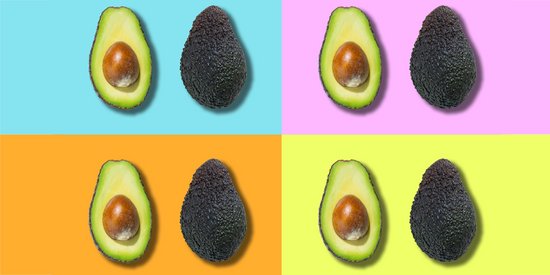For thousands of years, the Chinese and Japanese have used green tea due to its soothing flavor and therapeutic benefits. Initially consumed by monks, then by the samurai and noble classes before being adopted by the population, green tea is now an integral part of Japanese culture and traditions. It is directly associated with the idea of meditation, peace, calm, self-reflection, and simply the idea of taking a little time to brew and savor the richness of a cup of tea.
Green tea and your health
The high antioxidant content of green tea gives it properties that could well help protect us against various diseases, including cancer...
Green tea and its benefits
Did you know that tea is the second most consumed drink in the world after water and that in addition to being very popular across the globe, it has a reputation for being good for your health?
Nathalie, our specialist editor for our well-being and naturopath section, takes us to China, Korea and Japan to discover green tea, the tea that is the most consumed throughout Asia, and whose virtues are increasingly popular in the West.
Green tea has aroused great interest from scientists in recent years, which is why Nathalie also provides you with scientific evidence, following numerous epidemiological studies (studies linking diseases and external factors) which make the link between the consumption of green tea and the reduction of diseases, in particular, of cancers.
The secret of the virtues of green tea finally proven scientifically
For cardiovascular disease
Researchers believe that green tea reduces the risk of heart disease by lowering cholesterol and “bad” cholesterol (LDL) triglyceride levels. Studies show that black tea has similar effects. In fact, researchers estimate that the rate of heart attack decreases by 11% with the consumption of 3 cups of tea per day.
Green tea catechins (a subgroup of polyphenols) are also known for their anti-inflammatory properties, which can help to eliminate free radicals and prevent oxidative stress.
These anti-inflammatory properties help reduce inflammation in blood vessels and arteries, which can lower blood pressure and reduce the risk of cardiovascular disease, including heart attack.
For type 1&2 diabetes
Green tea has traditionally been used to control blood sugar levels. Animal studies suggest that green tea may help prevent the development of type 1 diabetes and slow its progression once it has developed. In people with type 1 diabetes, their body produces little or no insulin, which helps convert glucose or sugar into energy. Green tea can help regulate glucose in the body. Research also suggests that drinking green tea regularly can help manage type 2 diabetes.
Other studies on Japanese people have shown that those who drank the most green tea reduced their risk of type 2 diabetes by 42%.
For Cancer
Observations in China have shown a link between the consumption of green tea and a lower risk of cancer than in Europe. For example, women who drink the most green tea reduce their risk of breast cancer by 22%, according to a study conducted in 2006. A completely different study of 69,710 Chinese women showed that green tea drinkers had a reduced risk of breast and colorectal cancer of 57%.
Green tea has long been known as a cancer preventative. Research shows that drinking at least three cups of green tea is effective in delaying the processes that lead to mutations and changes in cells that make them cancerous. This delays the onset of cancer for several years. The study results were most significant in certain types of cancer, including breast cancer and prostate cancer. There is epidemiological evidence which also shows that those who drink green tea are less likely to die of cancer. Researchers point to the presence of the antioxidant epigallocatechin gallate, or EGCG, as the primary contributor to these green tea benefits.
According to the National Cancer Institute, several studies and a meta-analysis have shown that drinking green tea may be beneficial in preventing cancer by reducing the incidence of oxidative stress.
To remember before tasting?
Thanks to these compounds, tea is considered the drink which has the strongest antioxidant activity, two cups representing the equivalent of seven glasses of orange juice, the antioxidant power of green tea extracts is also four times greater than that of vitamin C.
Research has shown that antioxidants help the body fight free radicals that cause damage at the cellular level, leading to different health issues, from cancer to cardiovascular disease to premature aging.
Studies have pointed out that the EGCG present in green tea is a very powerful antioxidant, 100 times more effective than vitamin C for example.
Well, by now you will have understood, the virtues of green tea are no longer to be proven or demonstrated. Besides, what we remember is that some countries have a lot to teach us about their way of life, in the sense that the Japanese are the champions of good health. So, it is not for nothing that it is the country with the highest life expectancy in the world! Convinced? In any case, I'm going to start green tea: no more than three cups per day!









